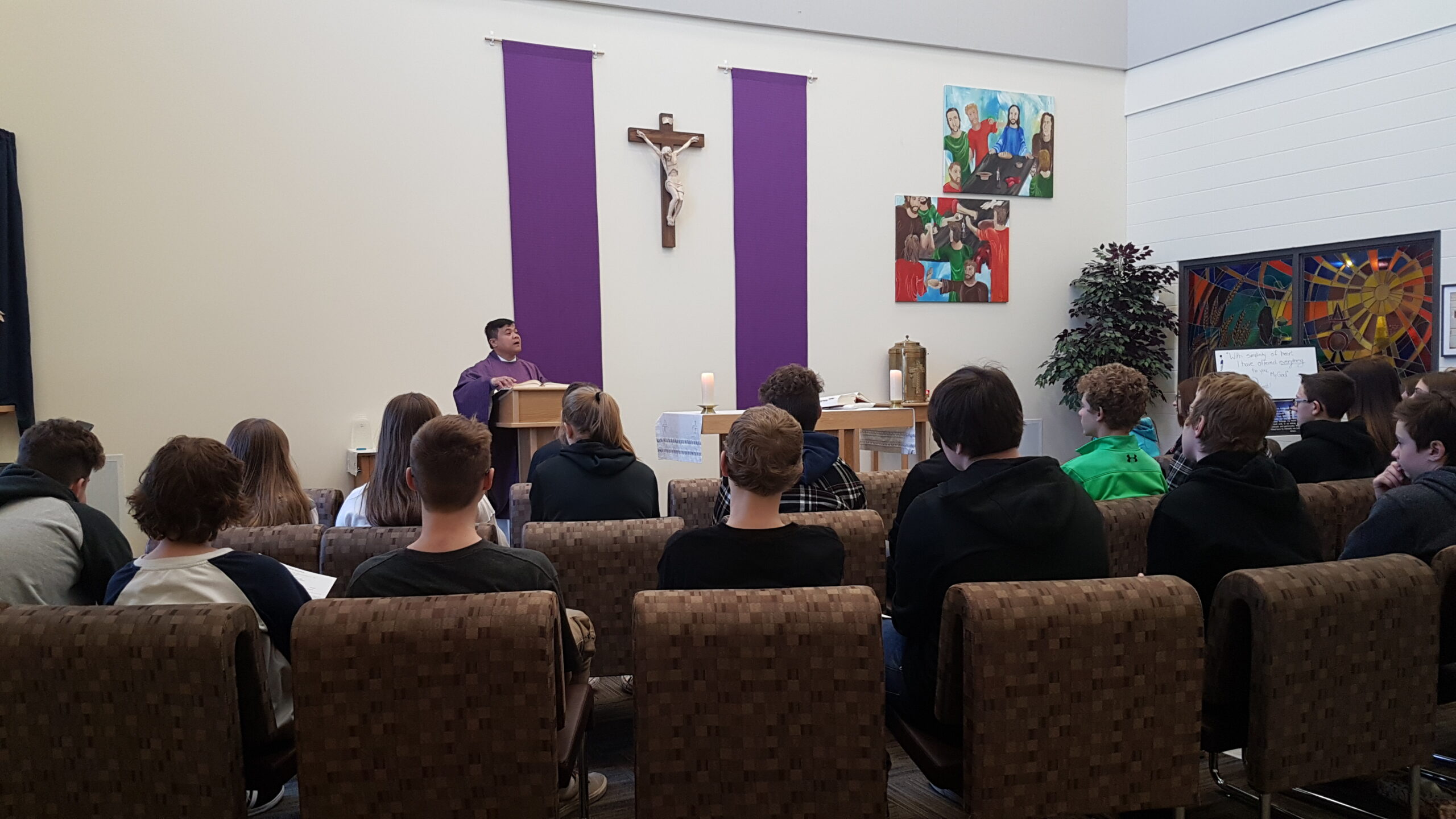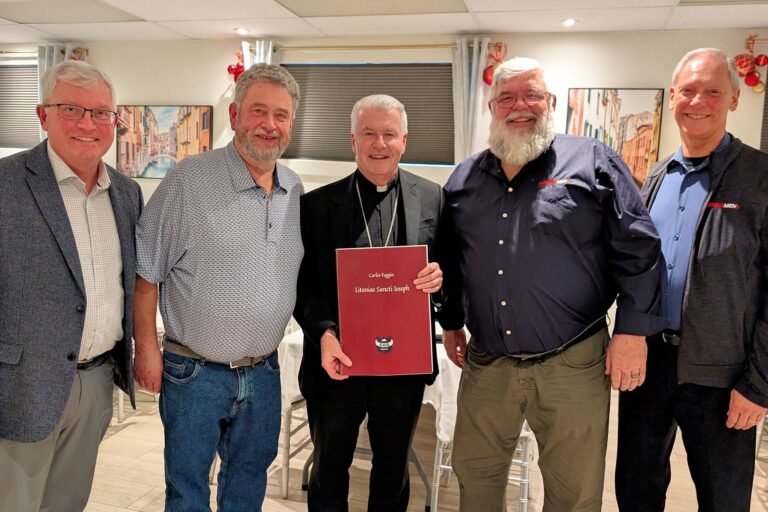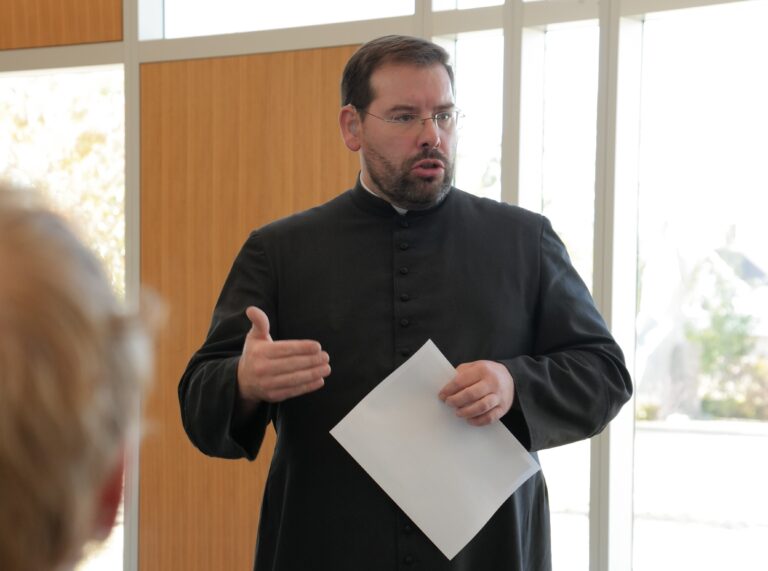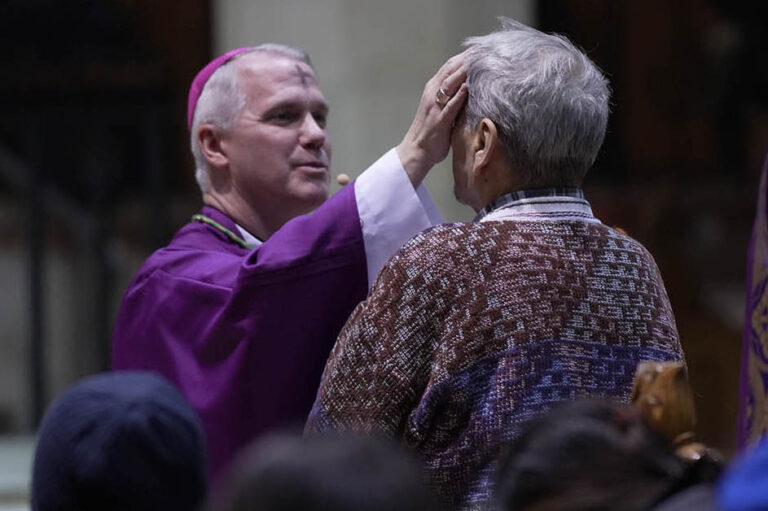When he wrote The Lord of the Rings, J.R.R. Tolkien created a memorable group of characters to populate his world of Middle-Earth. Some of these characters are great and mighty, like the wise wizard, Gandalf, or the courageous warrior (and future King), Aragorn. Tolkien also created a very different kind of hero: Hobbits. Hobbits are small and unremarkable. They only grow to the size of human children and avoid adventure as much as possible. But Tolkien writes all of his characters, small and great alike, as essential to the story. Without each one playing his part, their quest to save Middle-Earth would have failed.
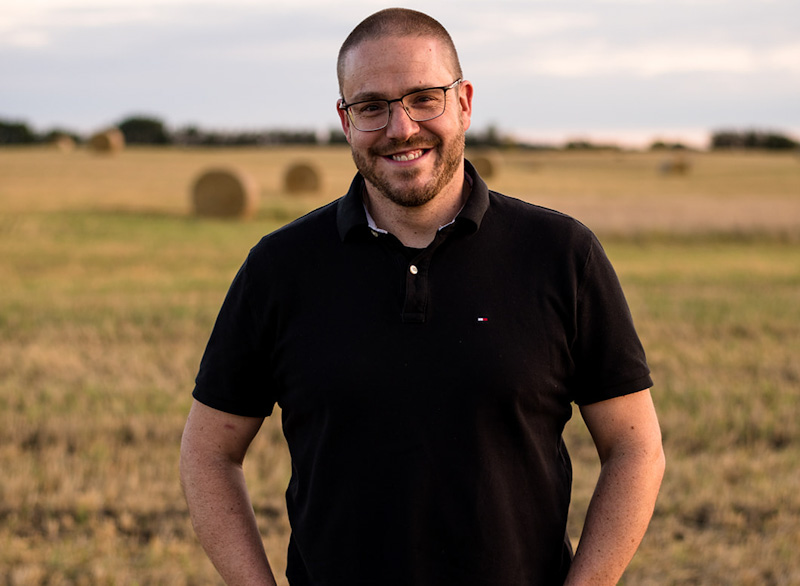 The idea that each of us is asked to play our part is a good place to start as we turn the third section of YouCat, How We are to Have Life In Christ. In the same way as an expert writer like Tolkien creates his characters deliberately to play some part in the story, God has done the same with us. We have been placed on this earth to play some unique and irreplaceable role in history.
The idea that each of us is asked to play our part is a good place to start as we turn the third section of YouCat, How We are to Have Life In Christ. In the same way as an expert writer like Tolkien creates his characters deliberately to play some part in the story, God has done the same with us. We have been placed on this earth to play some unique and irreplaceable role in history.
Pope Benedict XVI put it beautifully, when he said that:
“We are not the product of blind chance or absurdity; instead our life originates as part of a loving plan of God” and that “Each of us is the result of a thought of God. Each of us is willed. Each of us is loved. Each of us is necessary.”
The question is: what is our part and what are we supposed to do? We know that God has “delivered us from the dominion of darkness (Col 1:13) through His Son, Jesus Christ. He granted us the opportunity to make a new start in fellowship with Him and to walk the path of love” (YouCat 279). This ‘path of love’ will be outlined as we look at topics like human dignity, community, and the Ten Commandments – this is how we play our part in the story. But before we look at all of these in detail, there’s one very important thing to keep in mind: “Apart from me you can do nothing” (John 15:5).
Jesus isn’t trying to patronize or insult us here. He’s just acknowledging what we see happening in human history. We can’t play our part without God’s help. We see this repeated throughout the Old Testament. It doesn’t matter who God offers a covenant to; they stay faithful for a while, but old habits die hard, and they quickly return to their former ways. The same is true in our own lives. By our own strength, we struggle to adhere to any of the moral guidelines given to us by God. Simply put, we need God’s help to be who He created us to be and to live as we ought to:
“If we were to rely on our ourselves and our own strength, we would not get far in our attempts to be good. Through faith we discover that we are God’s children, and that God makes us strong.” -YouCat 279
We call this strength that God gives us “grace.” The Catechism of the Catholic Church calls grace the “favor, the free and undeserved help that God gives us to respond to his call to become children of God, adoptive sons, partakers of the divine nature and of eternal life” (CCC 1996). I can’t emphasize enough how important God’s grace as we seek our place in the story and we try to live it out. We see this particularly in the lives of Jesus’ disciples. On Holy Thursday night, when Jesus is arrested, tried, and condemned; they flee for their lives (Mark 14:50). After Pentecost, this quickly changes. The Acts of the Apostles tell us of their courage in preaching the Good News – even when it means they must suffer or die for the message they proclaim.
Christians who cooperate with God’s grace and who make God’s moral law a guiding principle for their lives have stood out through history for their heroic virtue. We have recognized many of these as saints – the heroes of the story of our faith. These heroes come from every part of the world and at times seem as unlikely to be heroes as Tolkien’s Hobbits. But their lives have an essential part to play in the story, bringing the Gospel to life without using words:
“…the first means of evangelization is the witness of an authentically Christian life, given over to God in a communion that nothing should destroy and at the same time given to one’s neighbor with limitless zeal.” -Pope Paul VI, On Evangelization in the Modern World
-This is part of a series on the Youth Catechism. Mike Landry is Catholic Youth Camp director for the Archdiocese of Edmonton. He is also chaplain for Evergreen Catholic Schools, serving 10 schools west of Edmonton. Mike and his wife Jennifer live in Stony Plain with their five children.

